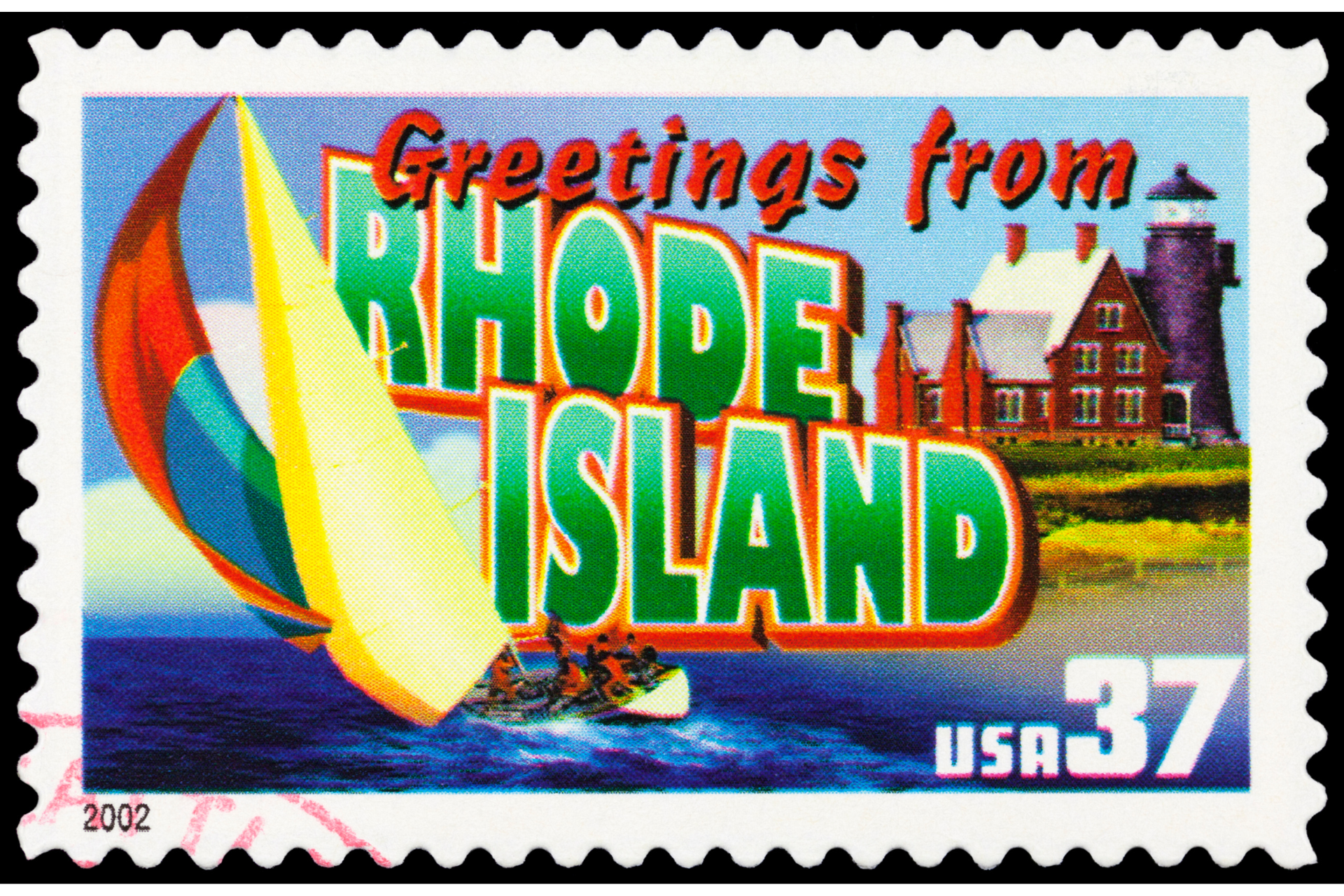We compared Puerto Rico with Haiti, a former colony of France which is now an independent nation. We can also compare it with Guadeloupe, another Caribbean island, which was also a colony of France in the past.
Unlike Haiti, Guadeloupe did not choose independence. Instead, Guadeloupe became a department (similar to a state) of France. Just as Hawaii is a state of the U.S. and Hawaiians are U.S. citizens, Guadeloupe is a part of the French Republic and people born in Guadeloupe are citizens of France.
Does Guadeloupe have much in common with Puerto Rico? In some ways their positions are similar. Guadeloupe uses the euro as currency, has the same postal rates as France (though they have their own stamp designs), uses French passports, and has the same laws as mainland France. Puerto Rico uses the dollar as currency, participates in the U.S. postal system, uses U.S. passports, and is subject to federal law just as the states are.
Unlike Puerto Rico, the people of Guadeloupe have full voting rights in their country. Puerto Ricans do not have full voting rights when living in Puerto Rico, though they can vote like any other U.S. citizen if they live in a state. Puerto Rico does not have the two senators each state has, and has only one, non-voting member of Congress. Under the U.S. Constitution, Puerto Rico can be treated differently from states, and, in fact, the Supreme Court held in the 20th century that the Constitution itself does not apply fully to Puerto Rico.
Guadeloupe has the same legal position and the same political representation as all the other departments of France.
The colonial past
Both Puerto Rico and Guadeloupe were visited by Christopher Columbus in 1493. Neither is currently considered a colony by the United Nations.
Puerto Rico became a territory of the United States when Spain ceded the Island to the U.S. after the Spanish-American War. Puerto Rico is not officially a colony of the United States and never has been; in legal speak, it is an unincorporated territory of the United States. While Congress approved a constitution for Puerto Rico in 1952 and the territory elects its own governor as states do, the legal status of Puerto Rico has not changed in over a century. It remains a possession of the United States.
Guadeloupe was the site of a French colony in 1635. Though it came under British rule for a few years over the next few centuries, it was a French colony through most of its history until 1946. In that year, Guadeloupe became a department of France, its current political status.
During the colonial era, the people of Guadeloupe were French nationals, but not French citizens, much as the people of the Philippines used to be American nationals and the people of the U.S. territory of American Samoa still are.
There was an independence movement in Guadeloupe in the 20th century, but voters rejected the idea in 2003 and 2010.
The present
Guadeloupe, like Puerto Rico, is economically disadvantaged when compared to the mainland of its nation. The GDP of Guadeloupe is 37% lower than that of France. Unemployment is higher and poverty is more than twice as common. There are three times as many people living under the poverty level in Puerto Rico as in the United States as a whole and the GDP per thousand inhabitants is less than half that of the U.S.
Comparing Guadeloupe directly to Puerto Rico, we see that Guadeloupe is in a better position economically. The poverty rate in Guadeloupe is 27%, while in Puerto Rico it is 43%. Guadeloupe is much smaller than Puerto Rico, having fewer than 500,000 inhabitants, but it has one of the strongest economies in the Caribbean.
Health outcomes are also better in Guadeloupe than in Puerto Rico. Life expectancy in Guadeloupe is 82.74 years. In Puerto Rico it is 78.04. Infant mortality is lower in Guadeloupe than in Puerto Rico.
The literacy rate in Guadeloupe is 96.5%, while in Puerto Rico it is 92.4%.
While the statistics suggest that life may be somewhat easier in Guadeloupe than in Puerto Rico, it continues to be economically tied to France, where it has full representation in the legislature, just as Puerto Rico is economically tied on the United States, where it does not enjoy full democratic represenation.


